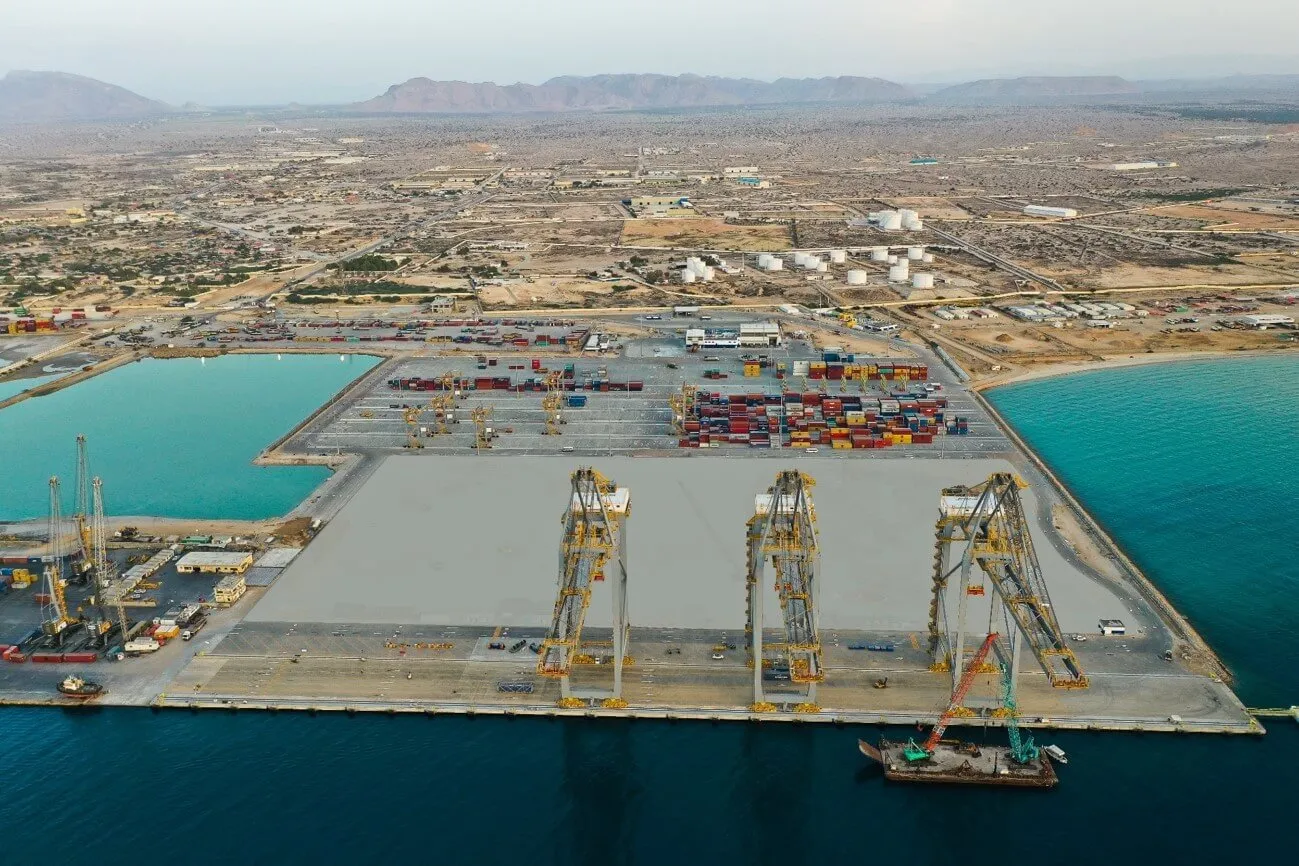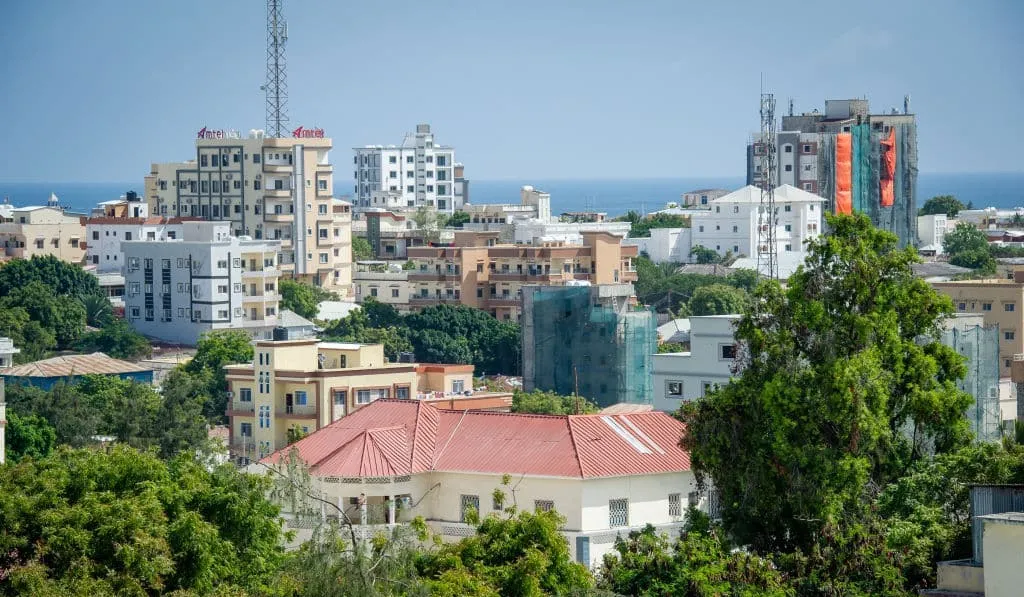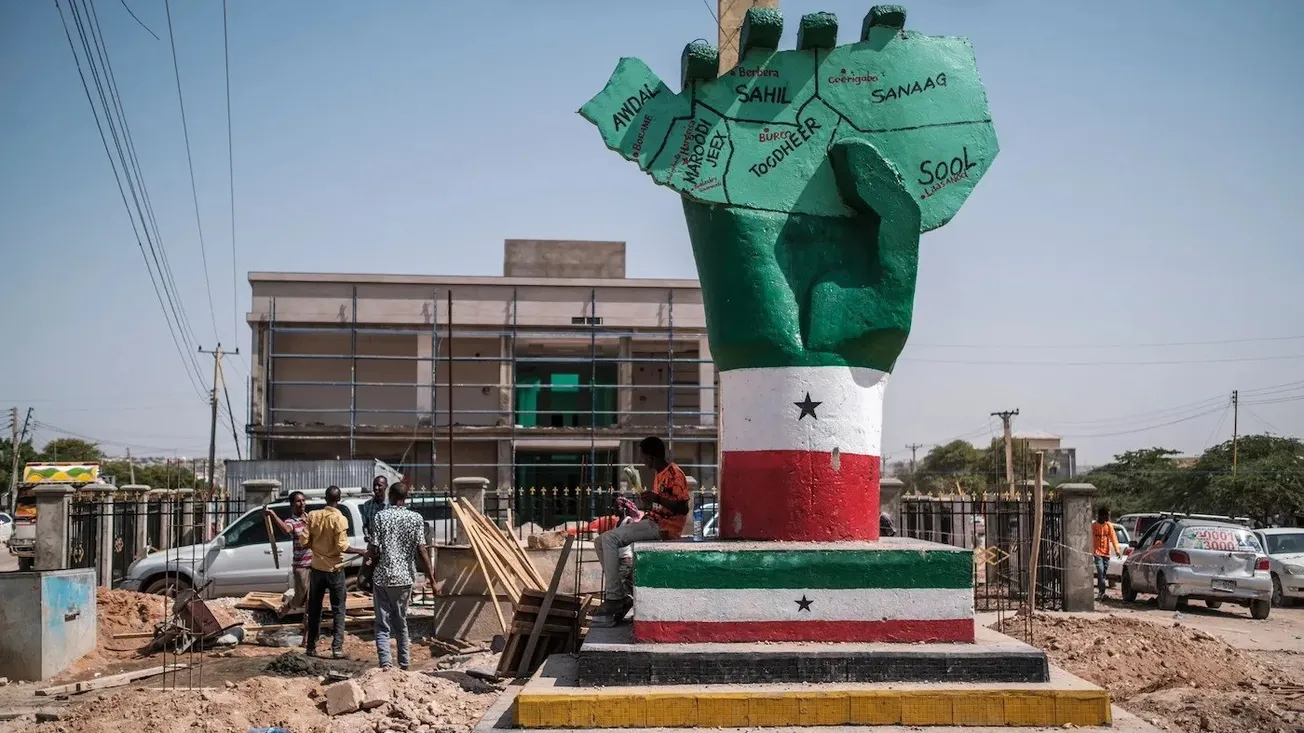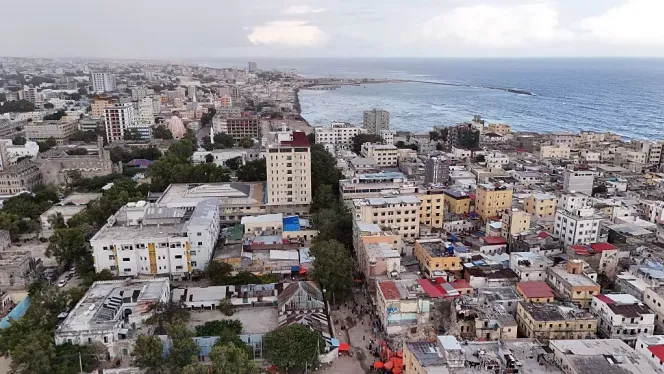Table of Contents
In January 2024, Ethiopia's signing of a Memorandum of Understanding (MOU) with Somaliland—a self-declared autonomous region in northern Somalia—granted Ethiopia access to the strategic Berbera port and established a key land corridor. This seemingly bilateral agreement has ignited a diplomatic firestorm between Somalia and Ethiopia, with far-reaching implications that extend beyond their borders. The controversy underscores not only the complexities of regional geopolitics but also the involvement of various regional powers—Egypt, the UAE, Qatar, Turkey, Kenya, and others—who are keenly interested in the outcome of this dispute. These countries, driven by their own strategic interests, are positioning themselves in a delicate balance of power that could significantly affect the stability of the Horn of Africa.
Ethiopia’s motivation to sign the MOU with Somaliland is rooted in both economic and geopolitical considerations. Landlocked since Eritrea's independence in 1993, Ethiopia has been dependent on Djibouti for over 90% of its maritime trade. The Berbera port offers Ethiopia an invaluable alternative, reducing its reliance on Djibouti and diversifying its trade routes. This is critical for Ethiopia’s continued economic growth, as the country seeks to cement its role as a regional economic powerhouse. However, Ethiopia’s decision is not just about trade logistics; it is also a geopolitical maneuver.
The Horn of Africa is a region of intense strategic competition, with various external powers vying for influence. By engaging with Somaliland, Ethiopia is asserting its influence in the region and hedging against the encroachment of rival powers such as Egypt and Turkey. The move also allows Ethiopia to counterbalance the influence of the UAE, which has been investing heavily in Somaliland, particularly in the development of the Berbera port.
For Somalia, the MOU represents a direct challenge to its sovereignty. Somaliland, despite its de facto independence and functioning government, is still recognized internationally as part of Somalia. Thus, any international agreement with Somaliland is viewed by Mogadishu as an infringement on Somalia’s territorial integrity. The Somali government’s rejection of the MOU is both a legal and political stance, rooted in the need to assert its authority over the entire Somali territory. Legally, Somalia argues that only the central government has the authority to enter into international agreements on behalf of the country.
By signing the MOU, Ethiopia is, in effect, acknowledging Somaliland’s autonomy, which undermines Somalia’s claims to its territorial integrity. Politically, the Somali government is concerned that the MOU could embolden other regions with separatist tendencies, further fragmenting the country and weakening the central government’s control.
The Horn of Africa’s strategic importance has made it a focal point for regional powers, each with its own agenda and alliances. The dispute over the MOU between Ethiopia and Somaliland has drawn in several key players, each of whom stands to gain—or lose—depending on the outcome. Egypt’s interest in the Horn of Africa is primarily driven by its concerns over the Nile River, particularly in relation to Ethiopia’s Grand Ethiopian Renaissance Dam (GERD). Egypt views the GERD as an existential threat to its water security and has sought to counter Ethiopia’s influence in the region by supporting actors that could weaken Ethiopia’s position. In this context, Egypt is likely to side with Somalia, as a way to oppose Ethiopia’s expanding regional influence.
By supporting Somalia’s claims to sovereignty over Somaliland, Egypt can both challenge Ethiopia and strengthen its own position in the ongoing Nile dispute.
The United Arab Emirates has been heavily involved in Somaliland, particularly in the development of the Berbera port. For the UAE, Berbera represents a critical node in its broader strategy to establish maritime and trade hubs across the Red Sea and the Horn of Africa. The UAE’s investments in Somaliland are part of its broader ambition to secure its trade routes and increase its influence in the region. As such, the UAE is likely to support Ethiopia’s access to Berbera, as it aligns with its own economic interests and the goal of turning Berbera into a major commercial hub. This also allows the UAE to counterbalance the influence of other regional powers, such as Turkey, which has been expanding its military and economic presence in Somalia.
Turkey’s involvement in Somalia has been growing steadily, marked by significant investments in infrastructure, education, and military cooperation. Turkey has established a military base in Mogadishu, the largest Turkish military installation abroad, which underscores its commitment to Somalia. Turkey’s relationship with Somalia is part of its broader strategy to extend its influence in Africa and the Middle East. Given this close relationship, Turkey is likely to support Somalia’s rejection of the MOU, viewing it as an infringement on Somalia’s sovereignty and a challenge to its own influence in the country. Qatar’s role in the Horn of Africa has been more nuanced, characterized by a diplomatic balancing act between competing regional powers.
Qatar has traditionally supported Somalia, providing aid and investment in various sectors. However, Qatar also maintains good relations with Ethiopia, particularly in the context of its broader rivalry with Saudi Arabia and the UAE. While Qatar is likely to express support for Somalia’s sovereignty, it may also seek to mediate between the two sides to avoid escalating tensions that could disrupt its broader regional interests.
Kenya’s interest in the dispute is driven by its own border and security concerns. Kenya shares a long and porous border with Somalia, and the two countries have had a contentious relationship over maritime boundaries and the presence of Al-Shabaab militants. Kenya has a complex relationship with both Somalia and Ethiopia. While Kenya may sympathize with Somalia’s sovereignty concerns, it also values its relationship with Ethiopia, particularly in the context of regional security and economic cooperation. Kenya is likely to adopt a cautious approach, seeking to avoid taking sides too openly while continuing to prioritize its own national security interests.
The MOU between Ethiopia and Somaliland is more than just a bilateral agreement; it is a microcosm of the broader power struggles in the Horn of Africa. The involvement of regional powers such as Egypt, the UAE, Qatar, Turkey, and Kenya adds layers of complexity to an already volatile situation. These countries are not merely passive observers; they are active participants, each seeking to shape the outcome in ways that align with their own strategic interests.
The Horn of Africa is at a crossroads, with the potential for both cooperation and conflict. The MOU dispute could exacerbate existing tensions, leading to new alignments and rivalries that could destabilize the region further. At the same time, it also offers an opportunity for regional powers to engage in diplomacy and conflict resolution, potentially turning a crisis into a catalyst for greater regional integration and stability. For Ethiopia, the MOU represents both an opportunity and a risk. It provides a critical alternative to Djibouti, offering a new trade route that could bolster Ethiopia's economy.
However, it also risks alienating Somalia and potentially destabilizing the region. For Somalia, the MOU is a direct challenge to its sovereignty and a potential threat to its fragile unity. How Mogadishu responds will be critical not only for its relations with Ethiopia but also for its internal stability.
The broader implications for the Horn of Africa are profound. As regional powers continue to assert their influence, the balance of power in the region is likely to shift, with significant consequences for both stability and development. The MOU between Ethiopia and Somaliland, while seemingly a local issue, is in fact a key battleground in the broader geopolitical contest that will shape the future of the Horn of Africa. The stakes could not be higher, and the outcome of this dispute will reverberate far beyond the borders of Ethiopia and Somalia.










